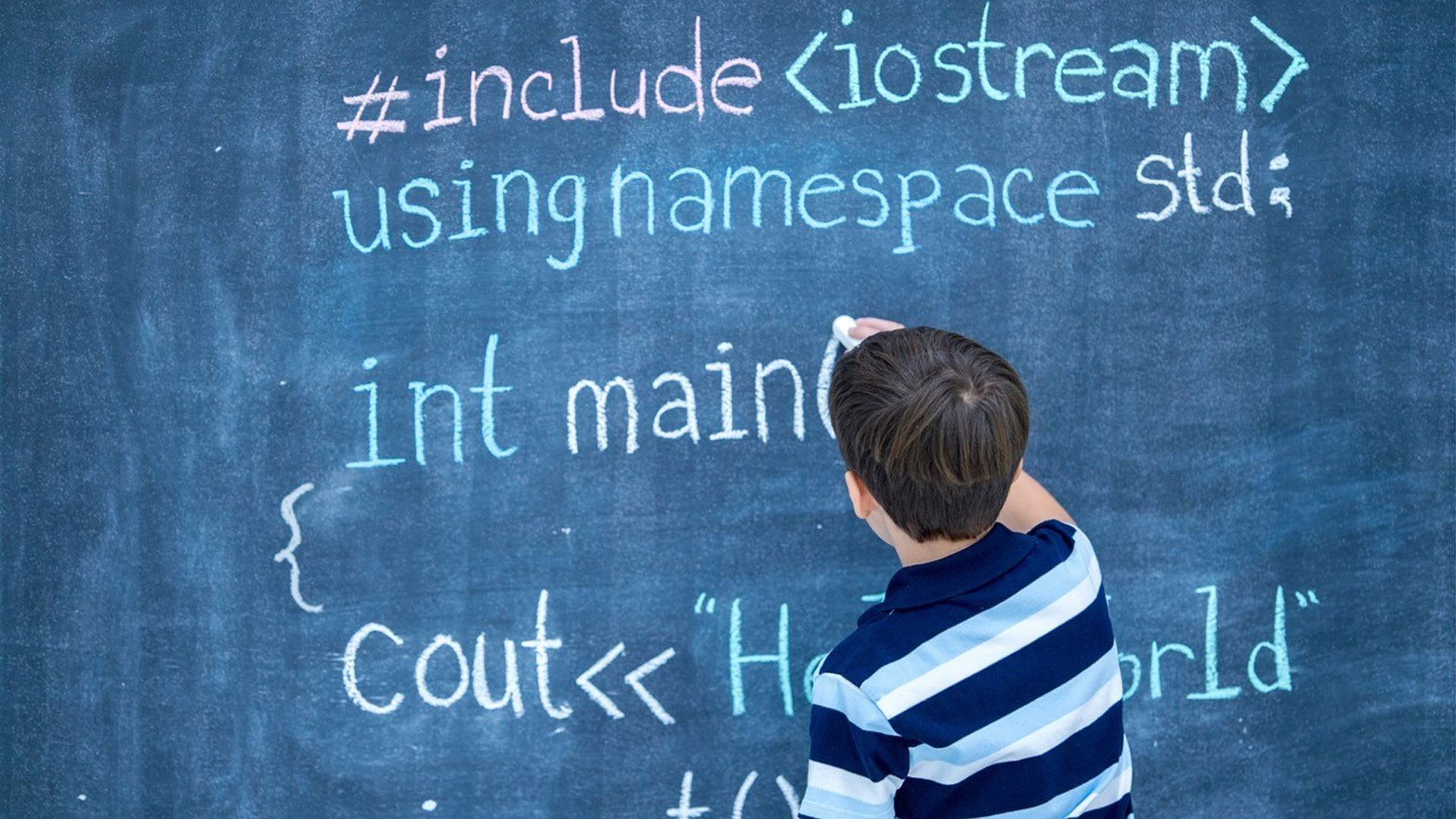The health benefits of nostalgia, romance, family, snowflakes, and miracles.
Key Points
- The familiar tropes, and simple, predictable, and non-stressful stories of Christmas movies deliver comfort and improve mood.
- Recurring themes of romance, family, and friendship reflect and satisfy our deep-seated need for social connection.
- Holiday movies build bonds across generations and feel like visiting old friends.
- Feel-good holiday films provide a welcome escape from the pressures of real-world demands.
There’s no better way to start the holidays than with a Christmas or Holiday movie. Lists of the “Best Christmas Movies” are everywhere, and Hallmark Channel launched its Countdown to Christmas over Thanksgiving, with ratings that were only bested by ESPN football coverage. Hallmark’s promise of 40 new holiday movies this season is a drop in a bucket already filled with old holiday classics from A Christmas Story and White Christmas to new ones like Love Actually and the Christmas Chronicles. Yes, holiday movies are formulaic, predictable, and often cheesy. But they also offset the stress, family pressure, and gloom from shorter days and less sunshine (in the northern hemisphere). An evening spent watching a feel-good movie can be an easy, low-cost, and rewarding form of self-care.
The Benefits of Holiday Movies
There are several benefits from a journey into Christmas movie land. Holiday movies can boost mood and relieve symptoms of depression by providing an escape from daily stressors and increasing perspective-taking. They are heart-healthy, reducing stress hormoneslike cortisol that can damage the cardiovascular and immune systems. Positive emotions, like hope, joy, and gratitude, can stir personal and social reflection and inspire new activities and goals. Sharing a movie increases intimacy and can even improve relationships. And they are easy, uncomplicated, and have happy endings (Wildschut & Sedikides, 2020)..
Nostalgia Triggers Emotion
Christmas movies are designed to activate emotional resonance through nostalgia. They rely on our desire to visit the “good old days” with images, stories, and music that stimulate our sentimental and wistful associations from the past. Christmas movies remind us of times in our lives that were simple, hopeful, fun, and happy (Newman et al., 2020). We have a cognitive “nostalgia” bias that makes us think things were better “before.” Some people see memories through rose-colored glasses because the negative emotions of the past fade faster than positive ones for them. As time goes on, the good things get better; the bad ones recede, making us yearn for those better days (Routledge et al, 2013).
Christmas movies trigger those psychological longings to feel loved and safe. Several theories of motivation are based on the need for human connection. It is at the core of healthy psychological and physiological development. We all want to be loved and included, to feel protected and safe and we respond instinctively to social connection, even in media. Christmas movies capture that sense of safety by taking us on a journey into a world of childlike simplicity and innocence—where families are warm, welcoming, and fun, where friends and partners bask in the glow of good cheer, and where we feel embraced, protected, and loved, and where there is still a promise of magic and wishes fulfilled under the tree.
Feel-Good Stress Busters
Since very few of us have “Hallmark Christmas” lives, the movies provide a welcome escape from the pressures and demands of the real world. The holiday season can bring unwanted guests and annoying family members and the burdens of gift-giving and entertaining. Holidays can exacerbate financial strain and emphasize our loneliness and isolation. Images of Christmas can also make us aware when our lives, families, jobs, or friends don’t live up to our aspirational ideals and desires. It’s no wonder that depression and anxiety spike during the holidays. It also explains the relief we feel when holiday movies wildly exaggerate those holiday woes, like Christmas with the Cranks, Bad Santa, or Bad Moms Christmas.
Christmas movies allow us to flee the stressors of the holiday and forget our troubles. They provide easy access to effective an effective coping strategy: a healthy, time-limited escape traveling into a story that makes us feel good, reminds us of the meaning of love, helps us feel gratitude for family and friends, and even have a little vicarious romance. The predictability of holiday movie plots and characters is part of the appeal. Pick your fantasy: rekindled relationships, mismatched lovers, small-town antics, royals in disguise, discovering the real meaning of Christmas, snow on Christmas morning, or overcoming the odds. Whatever the conflict, the genre guarantees a feel-good, grant-your-wishes ending to anticipate (Walters, 2019).
Family-Friendly Bonding Traditions
It’s an added benefit that most holiday movies are family-friendly, providing a way to create new traditions. When we watch with others, we create shared memories, amplify positive emotions, and strengthen relationships (Fiese et al., 2002). The laughter and joking about unrealistic movie tropes create a positive bonding experience; the stress and conflict in dramas provide a safe space to process personal struggles and feel supported by others—especially when we know they have a happy ending. For years, our kids watched Charlie Brown Christmas and The Muppet Christmas Carol. Now all grown with families of their own, they still make a point of watching them together—even if some join via Facetime.
Happy Brain, Happy Body
Our brains find comfort in patterns. The predictable happy endings combined with joy, laughter, and happy tears trigger our neural rewards center. Changes in mood affect our body chemistry; lifting our spirits makes us feel good physically. Laughter becomes a literal antidote to stress without involving pharmaceuticals.
Feel-good movies do more than just make us happy for a moment. While there’s nothing wrong with enjoying fleeting hedonic experiences, drama with resolution can also provide a longer-lasting form of happiness that increase well-being. Feel-good movies can be inspirational, uplifting, and profoundly moving, provoking us to reflect, see things in a new way, or feel inspired to make new plans (Raney et al., 2019).
When we rewatch a favorite movie or talk about them with friends, we mentally replay scenes and reexperience emotions. The anticipation of the emotional journey we know is to follow creates a neural reward before the movie even starts. When the characters feel like old friends and the settings like familiar places, these parasocial connections trigger the oxytocin-induced warm fuzzies of real social experience.
Positive Media Consumption
Positive psychology represented a shift in how psychologists approached the spectrum of human experience. The focus on pathology made room for the scientific study of the things that helped people flourish. This extends to media consumption. Media gets a bad rap, but there are recognized benefits of media-related activities like watching movies, from mood-boosting and stress release to personal and social reflection.
So, if you’re starting to feel the holiday stress, make some popcorn and take a holiday movie vacation. Consider it a form of self-care. Remember that positive emotions encourage productivity that will make your chores go faster, and resilience that will make any testy relative a little easier to bear.
This article also appeared on PsychologyToday.com.
References
Fiese, B. H., Tomcho, T. J., Douglas, M., Josephs, K., Poltrock, S., & Baker, T. (2002). A Review of 50 Years of Research on Naturally Occurring Family Routines and Rituals: Cause for Celebration? Journal of Family Psychology, 16(4), 381.
Newman, D. B., Sachs, M. E., Stone, A. A., & Schwarz, N. (2020). Nostalgia and Well-Being in Daily Life: An Ecological Validity Perspective. JOURNAL OF PERSONALITY AND SOCIAL PSYCHOLOGY, 118(2), 325.
Raney, A. A., Oliver, M. B., & Bartsch, A. (2019). Eudaimonia as Media Effect. In Media Effects (pp. 258-274). Routledge.
Routledge, C., Wildschut, T., Sedikides, C., & Juhl, J. (2013). Nostalgia as a Resource for Psychological Health and Well‐Being. Social and Personality Psychology Compass, 7(11), 808-818.
Walters, J. H. (2019). Personal Storytelling for Wellbeing; Form, Content and Process. Sheffield Hallam University (United Kingdom).
Wildschut, T., & Sedikides, C. (2020). The Psychology of Nostalgia: Delineating the Emotion’s Nature and Functions. In Nostalgia Now (pp. 47-65). Routledge.
Join Over 7,500 Fielding Alumni Located Around The World!
Change the world. Start with yours.™






Get Social